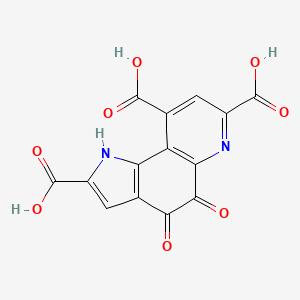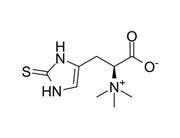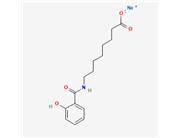Overview: The scientific name for PQQ is pyrroloquinoline quinone, a novel cofactor that has therapeutic effects on heart disease, neurological disorders, liver protection, and maintaining mitochondrial function. Pyrroloquinoline quinone is widely present in prokaryotes, plants, and mammals. It is not only a cofactor for many enzymes, where it functions in the transfer of electrons, protons, and chemical groups during enzymatic reactions, but it also stimulates the growth of microorganisms and the germination of plant pollen, promoting plant growth.
Applications: Pyrroloquinoline quinone is an important growth factor for the body; it regulates the body's free radical levels, providing protection; it offers anti-oxidative damage; enhances mitochondrial function; aids in detoxification; prevents skin aging, and has a mitigating effect on melanin deposition disorders; it’s used for the prevention and treatment of Parkinson's disease, and for the prevention and treatment of Alzheimer's disease among others.
Biological Activity: Pyrroloquinolinequinone (PQQ) is an oxidation-reduction cofactor, an anionic redox-cycling orthoquinone. Pyrroloquinolinequinone was initially isolated from cultures of methylotrophic bacteria and is also found in the tissues of mammals. Pyrroloquinolinequinone is an essential nutrient for mammals, being very important for immune function.

 China
China



